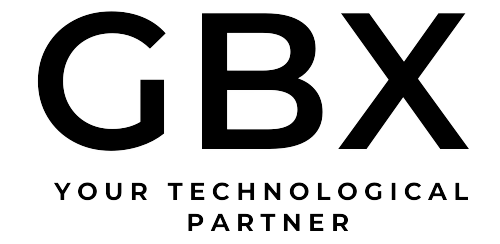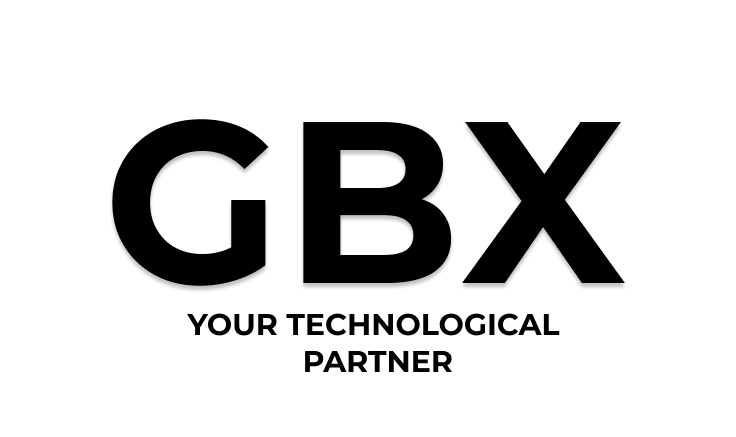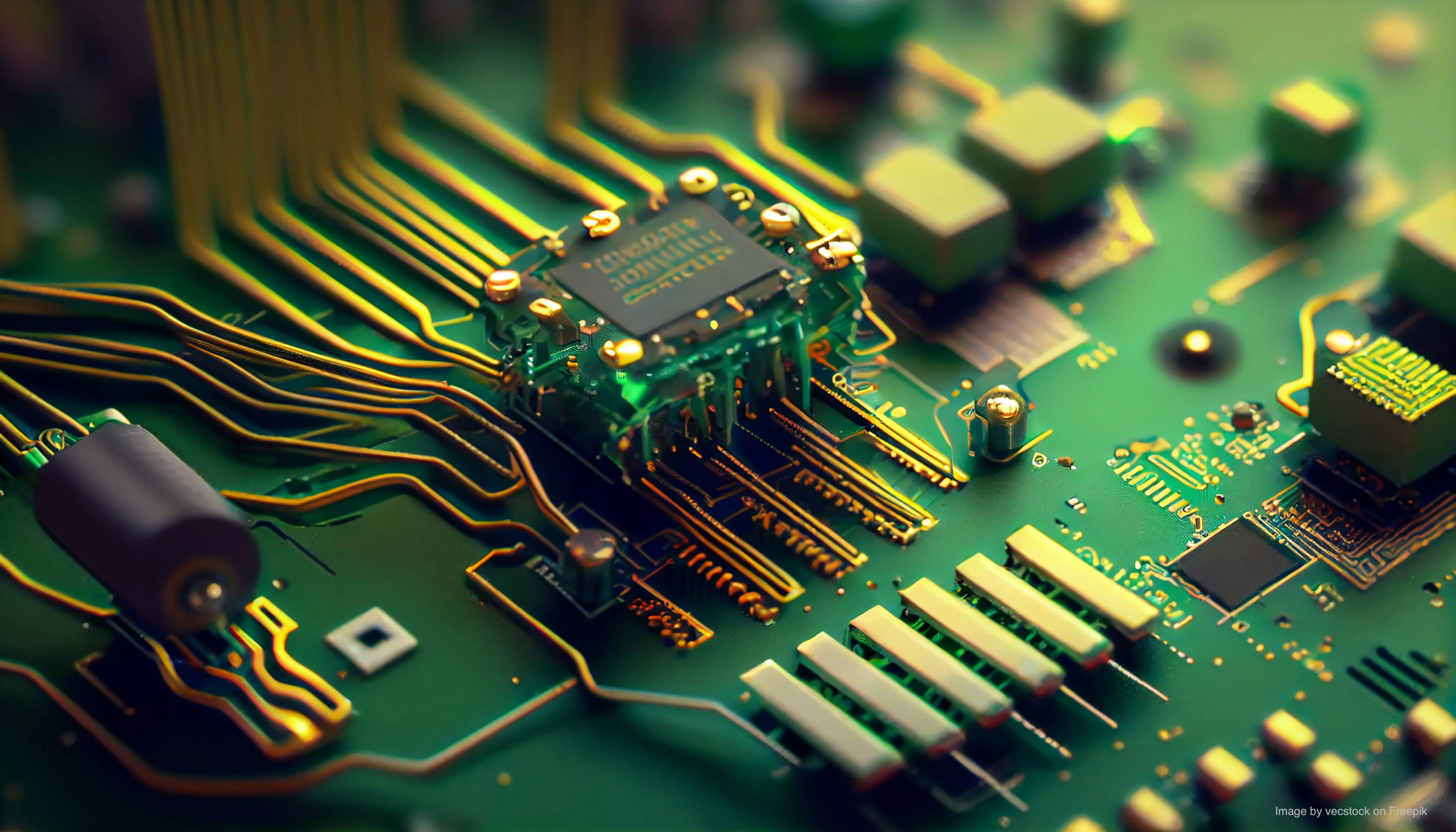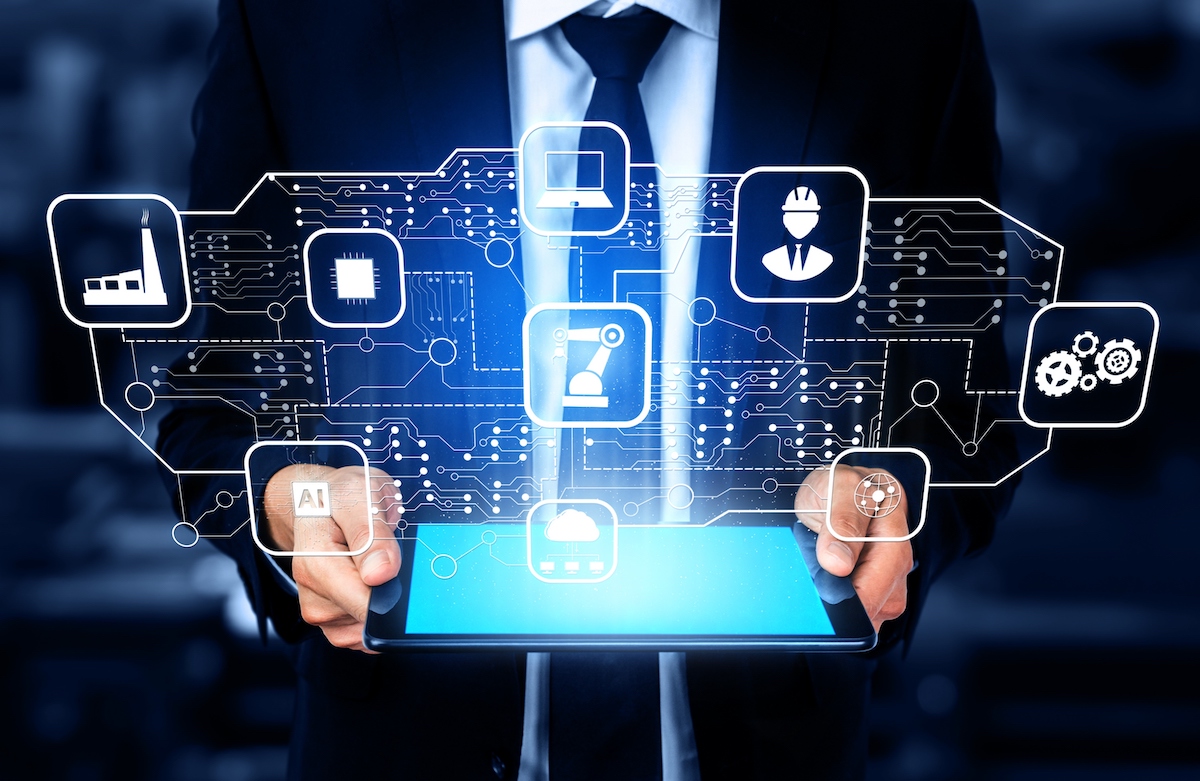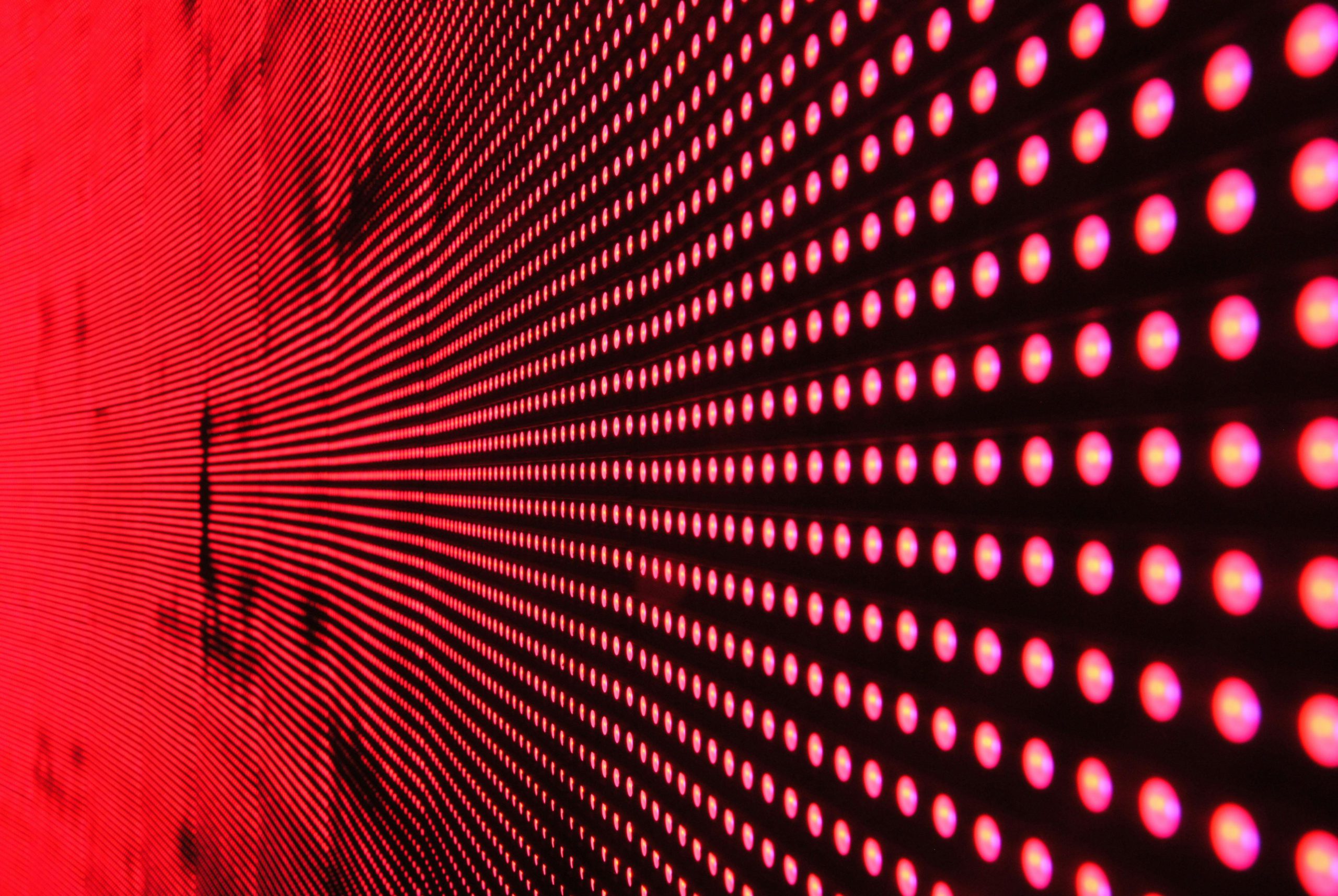
Top 5 IoT Applications Transforming Industries Today
Welcome to another edition of GBX Tech Insights, where we dive deep into the most exciting advancements in technology and discuss how they are reshaping industries. At GBX Technology, innovation is in our DNA, and we are passionate about exploring cutting-edge solutions that help businesses thrive in today’s competitive landscape.
Best Practices for IoT Product Design
- Conduct thorough feasibility studies to identify technical and commercial risks early.
- Gather comprehensive requirements to ensure that all stakeholders’ needs are met.
- Manage technical risks by developing mitigation strategies for potential issues.
- Ensure compliance and certification for IoT devices to meet regulatory requirements.
- Optimize power consumption for wireless devices to extend battery life.
All these best practices are at the core of our work at GBX Technology.
In this edition, we’ll be focusing on the Top 5 IoT Applications that are transforming industries today. IoT (Internet of Things) has rapidly become one of the most disruptive forces across sectors, offering endless possibilities for automation, data insights, and optimization. From manufacturing and logistics to urban planning and energy management, IoT technology is paving the way for smarter, more efficient operations.
Let’s explore the key applications of IoT and how they’re driving change.
1. Edge AI for Smart Cities
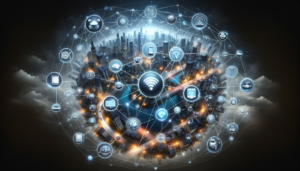
Smart cities are becoming a reality thanks to Edge AI—bringing artificial intelligence capabilities directly to IoT devices. This local processing power enables real-time decision-making, reduces latency, and enhances privacy by minimizing reliance on the cloud. For example, traffic management systems can now adjust in real-time based on data from AI-equipped cameras, optimizing the flow of vehicles and reducing congestion without needing central oversight.
Key Technologies:
- TinyML frameworks (e.g., TensorFlow Lite, Edge Impulse)
- Edge computing platforms (e.g., NVIDIA Jetson, Intel OpenVINO)
- Low-power AI chips (e.g., Google’s Edge TPU, Arm’s Ethos-U55)
By processing data locally, smart cities can operate more efficiently, and in real-time, improving everything from energy management to public safety.
2. Blockchain-Enabled IoT Security

As the number of connected devices grows exponentially, so do concerns about data security and integrity. Blockchaintechnology is emerging as a game-changer, providing decentralized, immutable ledgers that enhance the security of IoT devices. This is especially important in environments where sensitive data flows between devices, such as in healthcare or financial sectors. Blockchain ensures that data can’t be tampered with or intercepted, addressing some of IoT’s biggest security concerns.
Key Technologies:
- Lightweight blockchain protocols (e.g., IOTA Tangle, Hyperledger Fabric)
- Secure hardware elements (e.g., ARM TrustZone, Intel SGX)
- Decentralized identity solutions (e.g., Sovrin, uPort)
With blockchain, the IoT ecosystem becomes much more robust, protecting sensitive data and improving trust in device-to-device communications.
3. 5G-Powered Industrial IoT (IIoT)
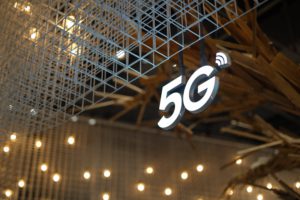
The advent of 5G networks is supercharging Industrial IoT (IIoT), enabling smart factories, autonomous vehicles, and predictive maintenance systems. 5G’s high bandwidth, low latency, and ability to connect millions of devices make it the perfect backbone for IIoT. In smart manufacturing, connected machinery can monitor performance and predict failures before they happen, leading to reduced downtime and higher productivity.
Key Technologies:
- 5G New Radio (NR) specifications
- Network slicing for isolated, high-performance communication
- Mobile Edge Computing (MEC) for local data processing
- Time-Sensitive Networking (TSN) for real-time control
This revolution in connectivity is driving the next generation of industrial automation, creating efficient, responsive, and scalable systems.
4. IoT-Enabled Digital Twins

Digital twins offer virtual representations of physical assets or systems, powered by IoT data, to monitor and optimize performance. For example, a factory could use a digital twin of its production line to simulate changes before they are implemented, reducing the risk of downtime and costly errors. In energy management, digital twins can help track consumption patterns and optimize efficiency.
Key Technologies:
- 3D modeling software (e.g., Autodesk Digital Twin)
- IoT platforms (e.g., Microsoft Azure Digital Twins, AWS IoT TwinMaker)
- AI and machine learning for predictive analytics
- Augmented and Virtual Reality (AR/VR) for immersive visualization
With digital twins, industries can simulate and predict operational outcomes, leading to more informed decisions and optimized resource usage.
5. Autonomous IoT Swarms
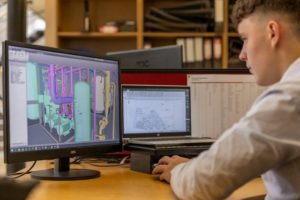
Imagine fleets of drones or autonomous vehicles working together without centralized control—this is the power of Autonomous IoT Swarms. In industries like agriculture, these IoT swarms can monitor crops, optimize irrigation, or even plant seeds autonomously. Swarms use distributed intelligence, meaning each device makes decisions independently, based on the group’s collective data.
Key Technologies:
- Swarm intelligence algorithms (e.g., Particle Swarm Optimization)
- Mesh networking protocols (e.g., Zigbee, Thread)
- Collaborative robotics platforms (e.g., Swarm-bots)
- Distributed ledger technologies for consensus decision-making
This decentralized approach to IoT allows for more flexible, scalable, and robust systems, perfect for environments requiring rapid responses.
The applications of IoT across industries are vast and continue to grow, providing businesses with unparalleled opportunities to improve efficiency, reduce costs, and innovate. Whether it’s through smarter cities, more secure devices, faster industrial processes, or cutting-edge technologies like digital twins and autonomous swarms, IoT is transforming the way we operate and interact with the world.
For businesses looking to transform their services and products, leveraging IoT technology is no longer a luxury—it’s a necessity. IoT enables greater control, efficiency, and scalability, using the latest and most cost-effective solutions.
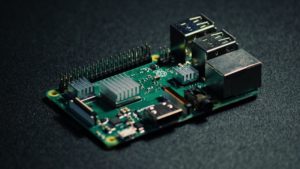
At GBX Technology, we have the expertise and experience to guide you through this digital transformation. From IoT hardware design to software integration, security solutions, and ongoing support, we are committed to being your trusted partner in navigating the complexities of modern technology.
Visit our website to learn more about our services and get in touch with us to discuss how we can help you innovate and optimize your business. Let’s shape the future together!
